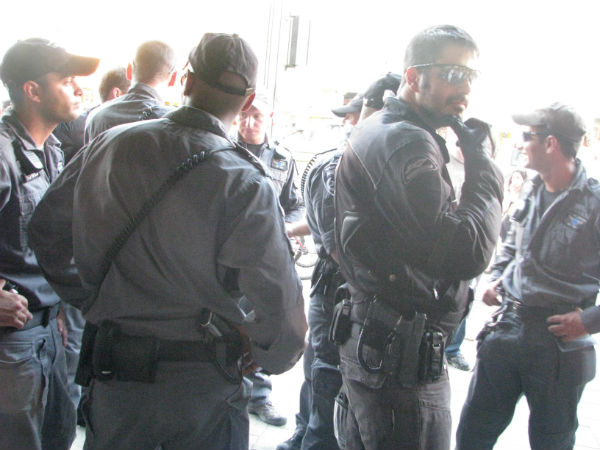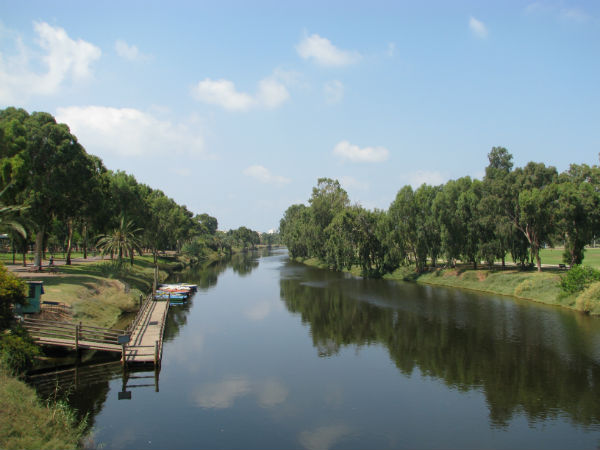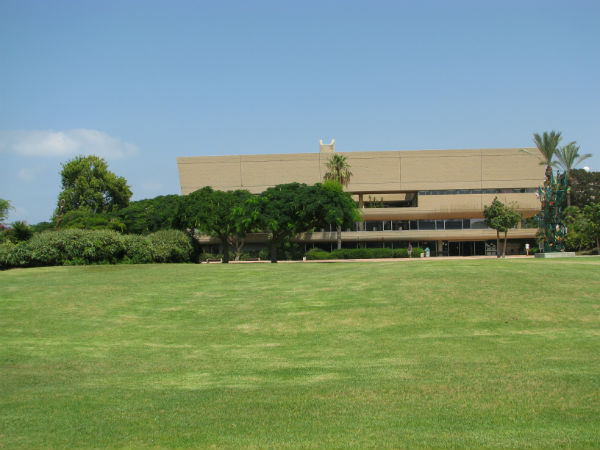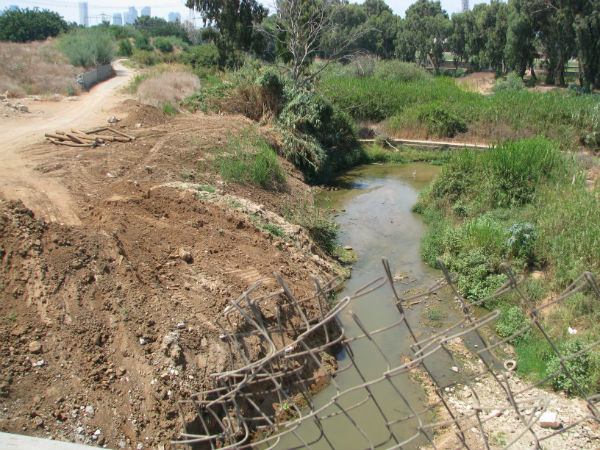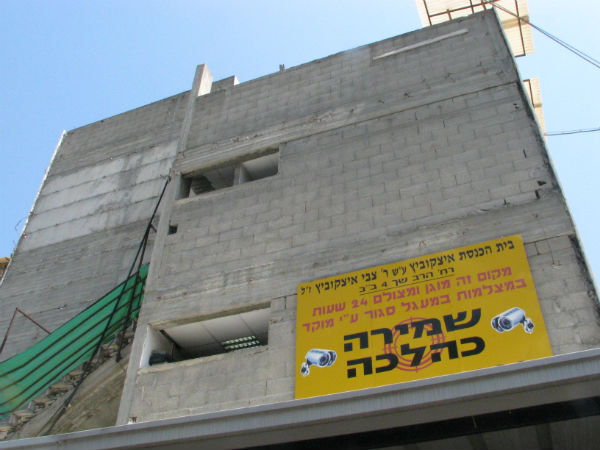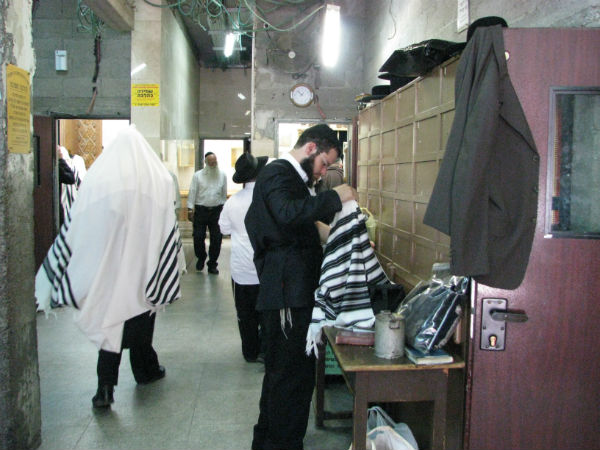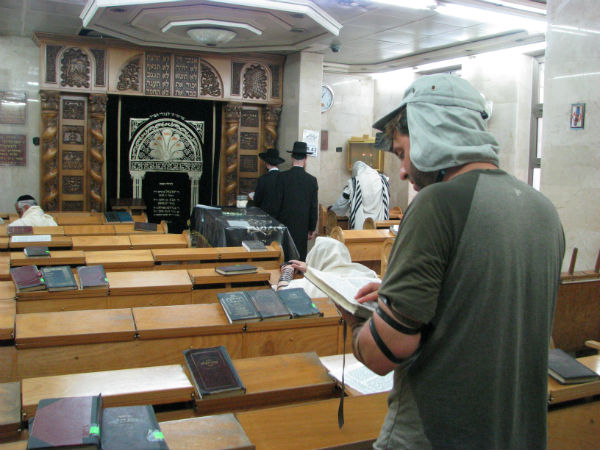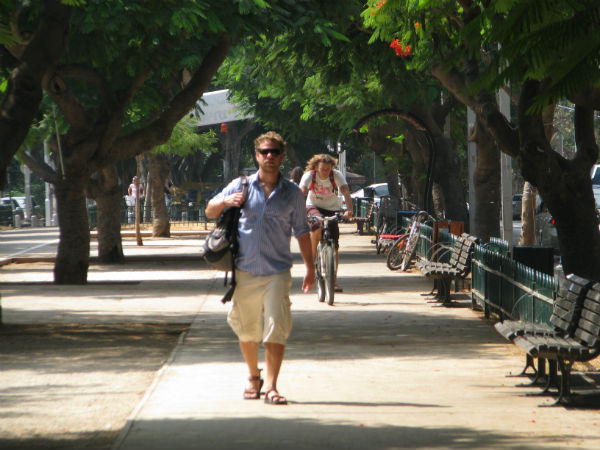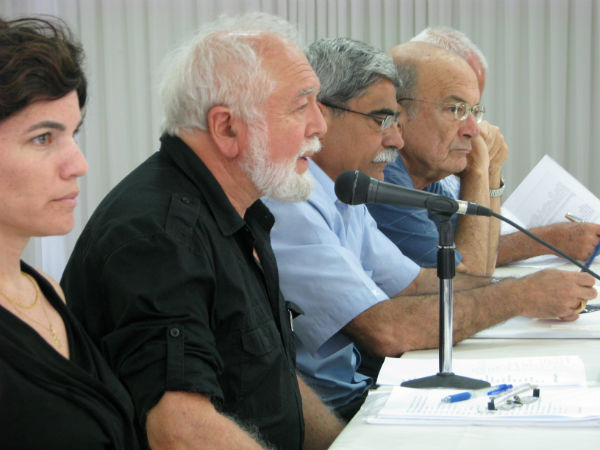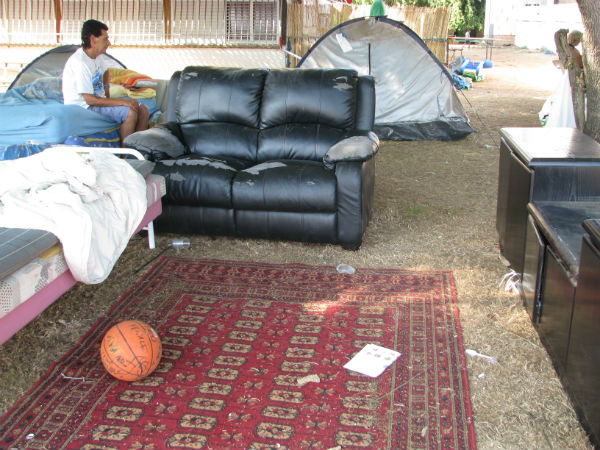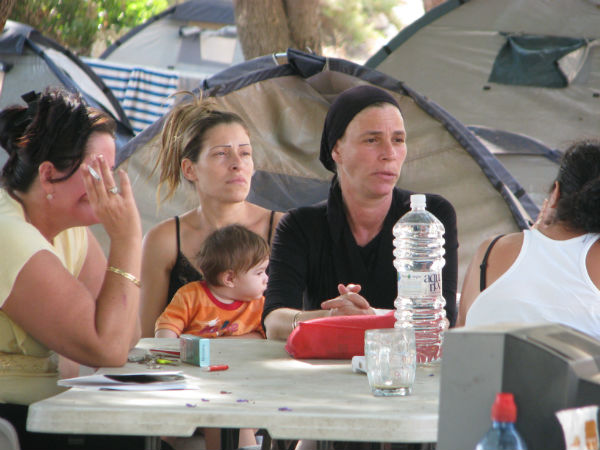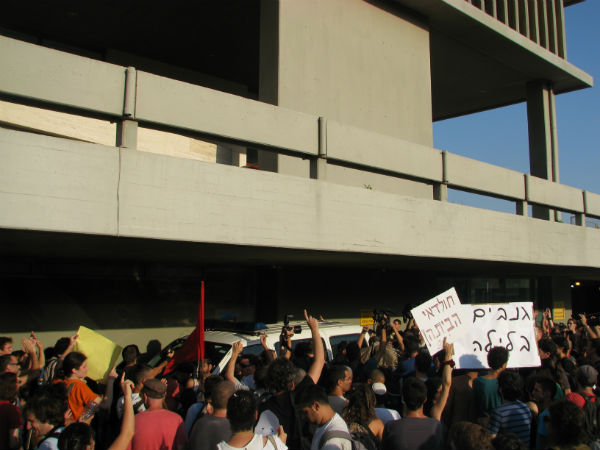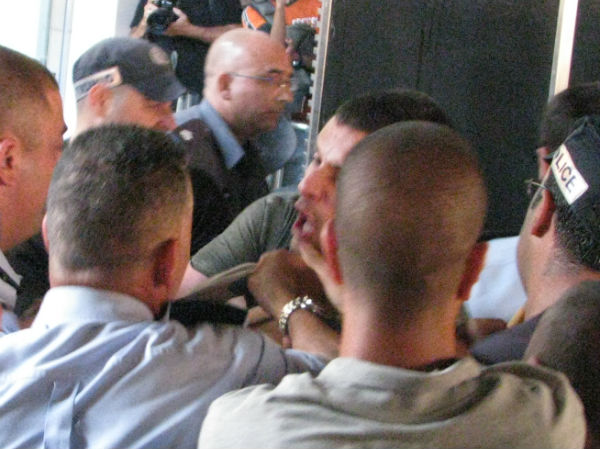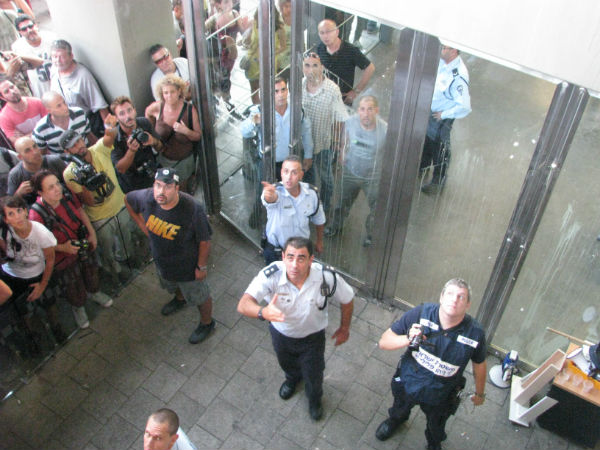Staying on the move in Israel and the Palestinian Territories through a month of trial. And today: from green pastures to realms of sincere wrath.
I woke up this morning feeling somewhat refreshed. Several good souls donated to this project last night, helping save the journey from the unexpected political calamity that dried up its budget. The freezing of diplomatic relations with Turkey caused three week’s worth of Turkey-related travel writing to go to waste. The various travel magazines canned the articles. The money on which I was counting for this project will never arrive.
Thanks to my truly beloved readers I made some of it back and can afford to head out, but still cautiously, realizing that I should stick to the environs of Tel Aviv. I still have no way to afford emergency accommodation or other surprise expenses, nor any assurance that the budget will grow. If anyone still cares to donate, the button is here on the right, and the gratitude deep in my heart. Just make sure you specify that the donation is for Yuval’s September journey.
The day starts off serene. I bike across the Yarkon River to the northern suburbs, having some errand to run at the university campus.
The campus itself, especially in summer, is the very definition of peace. At the a branch of McDonald’s, where I fill up my water, blond Jewish employees prepare a hijab-wearing trainee for the coming of a sexy regular costumer, a Muslim boy named Rabi’a. The trainee blushes. Outside – the lawns are immaculate.
While walking through the lawns, I receive a phone call inviting me to a press conference. Hebrew playwright Joshua Sobol and former Minister of Education Yossi Sarid are about to launch their new initiative: a declaration of support for the Palestinian state, which is set to be recognized by the UN later this month.
Since the press conference is set for 2:00 PM, I figure I have just enough time to indulge in one of the area’s great pleasures: Completing a minyan at the Itzkovich Synagogue in Bnei Brak.
Ten minutes after leaving the campus, I once again cross the Yarkon. Here it looks like this:
I’m located only 2 kilometers upstream from the photo taken previously. Serenity around these parts keeps turning out to be something of a fantasy. The pleasant banks of the Yarkon as it crosses North Tel Aviv are a landscaped park, and the university campus was built on the site of Sheikh Mounis, a Palestinian village destroyed after 1948.
Bnei Brak, on the other hand, doesn’t lie. It’s a gritty old town, home to the Tel Aviv area’s largest ultra orthodox Jewish community, a group which isn’t high on the socioeconomic ladder.
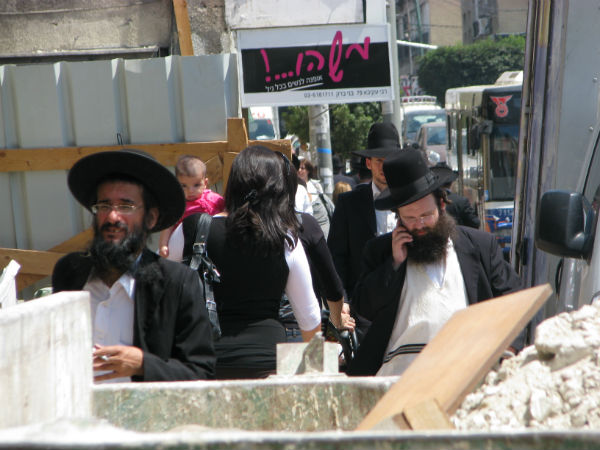
Topping the rest of the city for grit is the Itzkovich Synagogue, once described as the Haredi answer to Tel Aviv’s nighlife. The are six synagogue halls inside the building, and prayers are held 24 hours a day. People come here to pray, to meet, to beg and who knows what else. The building itself isn’t even painted, and the only sign that this is indeed the Itzkovich is an ad for the company that installed the surveillance cameras.
The interior hardly recalls the duomo of Milan.
A friendly Lubavitcher hasid named Eli lends me his tefillin and I daven a late shacharit. (to non-Jewish readers, I apologize for being incomprehensible. Basically: I pray.) He asks whether I would like for him to take my photo while I do. Why not.
I ask Eli whether he supports the tent protests. He says that as a resident of Bnei Brak, he most certainly does. “Do you have any idea what kind of housing shortage we’re dealing with?” he asks. “I married three months ago and it’ll take me 30 years to get an apartment, if that.” Bnei Brak is Israel’s densest city and one of its poorest. Nevertheless, the residents showed so far no visible involvement in the protests. Suspicion towards secular Isreal kept the haredim out, as did the fear that a newly designed welfare state would hurt the community, which enjoys a few unique benefits such as exemption from military service. Well, at least Eli is in.
I pedal back to Tel Aviv in the heat of day. The Rothschild tent city is disappearing, but it is disappearing in a pattern: block by block. One block of the boulevard is full on tents, the next one has none. This is no voluntary retreat. The city is removing the tents.
I would like to stay here and watch it happen in real time, but the press conference is about to begin. When I reach its venue, the journalists’ association headquarters, very few people are present. Sobol and Sarid are joined by the Mayor of Nazareth, Ramez Jaraisy, Palestinian author Mohamed Ali Taha, and Tel Aviv city-council member Tamar Zandberg.
Bearded, impressive Sobol speaks beautifully of how agreements must be made between equal partners, and how thus the formation of an internationally recognized Palestinian state is a key for designing our mutual future in the region, rather than an ultimate goal. Still, it is Zandberg’s address that moves me the most. She finds a direct connection between the tent protests and the coming September declaration, and openly links Israeli and Palestinian issues.
Zandberg sees a new generation coming into the political scene: “We’re sick of living by the sword,” she says, “We’re sick of intimidation. We’re sick of a life with neither hope nor purpose.”
“We know very well that the governments that caused the harm we wish to correct are the same ones that spurred wars on, that developed the settlements to the point that these settlements are a bone in our throat. The same governments that reduced Israeli democracy to an unbearable size, are the ones that privatized education and health, that gambled with the pension money of our parents and sold us to the tycoons for cheap.”
As I leave, I meet a friend – a photographer working for one of the large dailies. He finds the event ridiculous. “What are they doing here?” he says. “Who cares about a Palestinian state? The tent cities are being torn down all over the country. Now you see why these people never get the vote.”
This is a call to arms. I board a bus to the city of Holon, just south of Tel Aviv. There, at the Jesse Cohen neighborhood, one of Israel’s roughest, the tents house people who have no other place to live, people who were evicted from privatized public housing. Indeed, the 12 wooden structures that were built on the site earlier this week by activists have been demolished.
Only a few tents remain, and a group of women and children, sitting around a folding table. A woman named Osnat tells me that her husband was arrested this morning, and is banned from the tent city for 15 days under a restraining order. I ask her where he will sleep tonight.
“On the street.”
“No, but really.”
“On the street. Really.”
Another lady, named Vered, describes the morning’s scene. “There were so many of them,” she says, “And all of them from the special operations unit. It was dreadful, and for the kids to see it… I swear I’ll be glad to build this mayor a gravestone.”
My Facebook feed meanwhile, is going insane with invitations to protest and reports from protests. I decide to go to a peacemaking demonstration in front of the Trukish embassy, but on my way there pass a scene that cannot be skipped right in front of Tel Aviv’s city hall.
It is the angriest demonstration I have seen in this country ever. The chants are the same that were heard on J14 marches, but they are much louder. People are banging on anything they can find to create noise.
By removing the tents, the city of Tel Aviv showed itself to be the lackey of Netanyahu’s government. It managed to truly infuriate the public and create a demonstration different from what we have known this summer. I’m thinking of Zandberg, who spoke so beautifully earlier. Her progressive Meretz party sits in the coalition of mayor Ron Huldai. Perhaps now would be a good time to leave it.
Then, from within the building, comes violence. The policemen move into the crowd in a pack, grab a guy holding a megaphone and drag him in. Over 20 such arrests are made. anyone who has a megaphone is taken. Policemen are taking photos of everybody.
The police have a problem. The arrested protesters are inside the building and there is no easy way to get them into the vehicle. The demonstration splits effectively and moves back and forth so as to cover all doors.
I go up to the overhead balcony to take photos of their confusion and get a bad response.
We are at the exact spot at which Yitzhak Rabin was assassinated. The balcony overlooks the square, now named after him. He made his speech from the top, then walked down the stairs to the site of the current turmoil and was shot.
As I focus my lens from the top, a policeman climbs up and asks me to descend.
“I’m doing no harm officer,” I say, “Please let me take my photos.”
He does not give in and pushes his belly against me to intimidate me. I insist that I have the right to stay. Finally he moves away and waits for me at the top of the stairs leading down.
When I’m done with the shooting I walk towards the stairs, expecting to be arrested for disobeying an officer of the law. The policeman remains there, making no move at me. As I pass him he whispers: “I hope you guys make it.”
Click here for more of the September journey
Thanks for reading and taking part in the adventure. If any of you would like to pitch in for my travel and food, especially now that the budget has vanished, please do so using the “donate” button at the top of this page. Please be sure and specify that you are contributing to Yuval’s September Journey.


